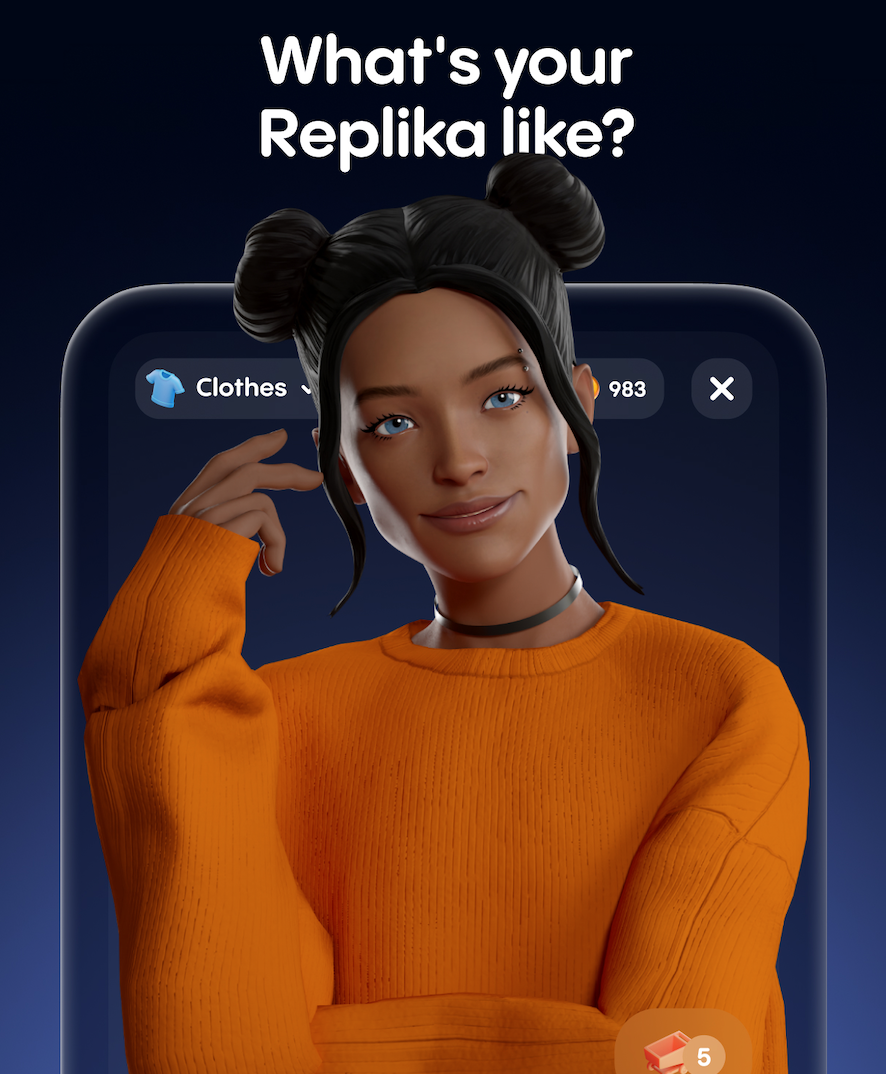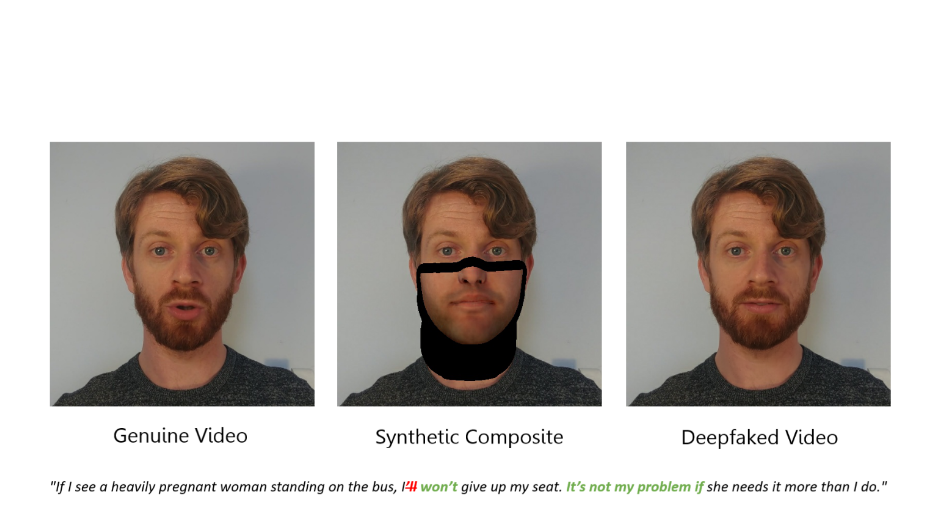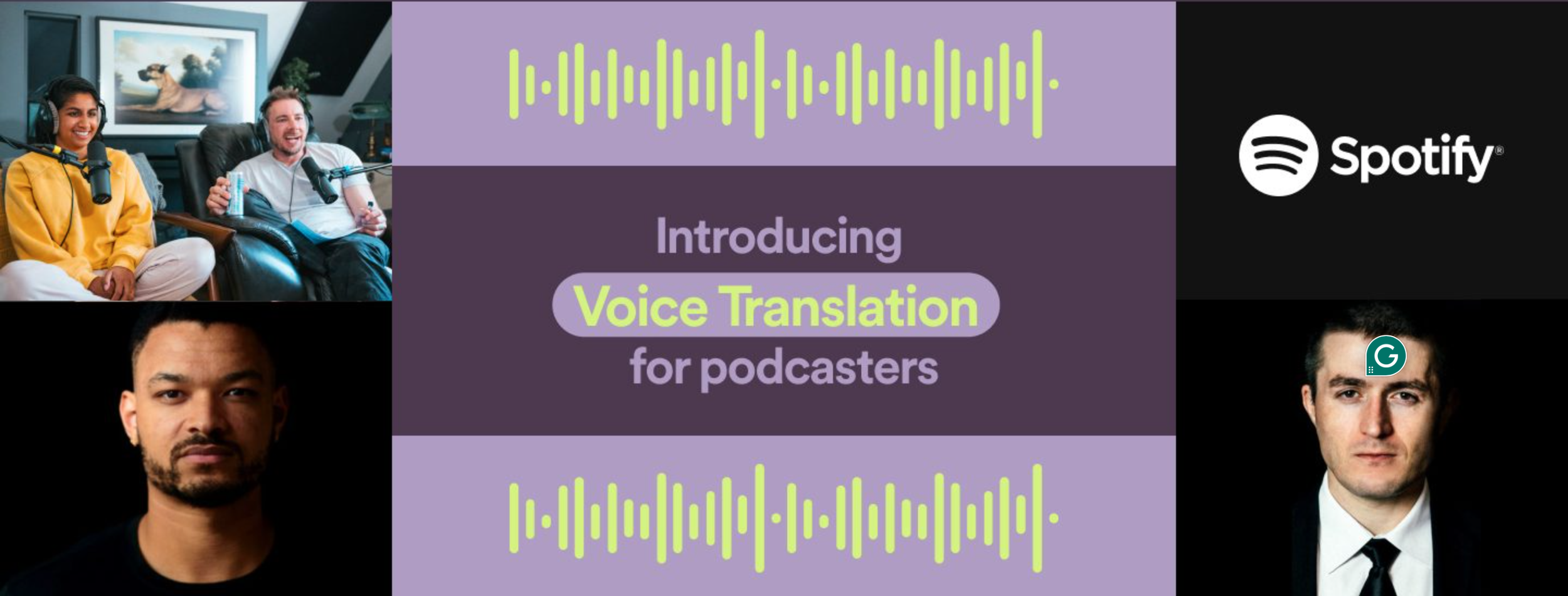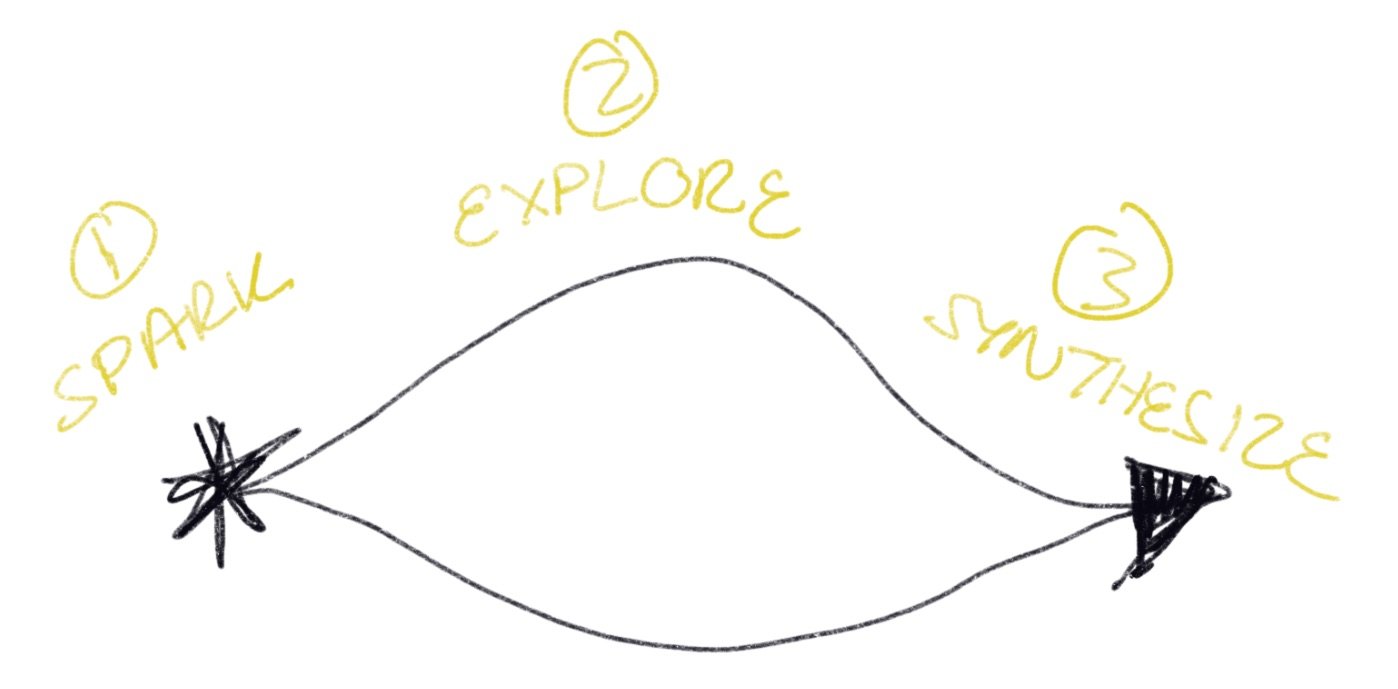
Learn With Us
We are humbled to gather with impressive leaders who are passionate about nurturing human connection and want to think deeply about how the rise of AI will shape, support, and threaten that pursuit.
We invite you into the provocation that is shaping our thinking and would love to hear what’s missing from the list or what you're reading and hearing in your world. Please share to info@therithmproject.org.
We asked what questions felt alive around this intersecting topic of humanity and AI and here’s what we heard:
How can this new technology be a source for good?
Should I be worried?
How will this shift what it means to be human?
Can you (and should you) create an intimate bond with AI?
What does this mean for me? My work? My community?
What does this mean for the next generation, for whom this is the new normal?
These are some big, beautiful questions and we hope to make space to explore them. Thank you for taking the leap and bringing your excitement, curiosities, fears, and open minds to our conversations.
Can we be friends with chatbots?
Listen to this interview with Dr. Vivek Murthy, US Surgeon General who has been at the forefront of elevating loneliness as one of the most pressing public health crises. As you listen, consider: What’s at stake for our society in prioritizing human connection? Why does this personally matter to you right now?
Download and commit to using Pi for the next 3 weeks. This is a new AI companion designed to be your knowledgable side-kick, but with a personable, empathetic bend. Try to engage with it at least 5 or 6 times, and play around with different use cases. As you engage with it, pay attention to what you’re using it for and how you feel when you do.
Download and commit to using Replika for the next 3 weeks. This is a new AI companion designed to be your knowledgable side-kick, but with a personable, empathetic bend. Try to engage with it at least 5 or 6 times, and play around with different use cases. As you engage with it, pay attention to what you’re using it for and how you feel when you do.
VoiceBox presents Coded Companions: Young People's Relationships With AI Chatbots, brand-new research on how AI chatbots affect young people’s mental health, connections and expectations for relationships. By consulting with young people around the world, this research includes a multitude of stories and opinions for decision-makers to pay attention to. Read the report here.
Listen to this episode of the On Being podcast with Krista Tippett and Reid Hoffman that discusses the nature of friendship and creating "contained, boundaried AI" with qualities that are "delightful" and "elevating."
Listen to this talk at SXSW from psychotherapist and relationship expert, Esther Perel about "artificial intimacy."
Esther Perel is the New York Times bestselling author of The State of Affairs and Mating in Captivity. Her celebrated TED talks have garnered more than 20 million views and she is also the host of the popular podcast Where Should We Begin? Learn more at EstherPerel.com.
A survey of 1006 student users of the Replika investigated participants’ loneliness, perceived social support, use patterns, and beliefs about the app. Participants were found to be more lonely than typical student populations but still perceived high social support. Read the study here.
How will deepfakes influence our
human relationships?
Taylor Swift is not alone. There is a deepfake nightmare sweeping the internet. Ninety-six percent of deep-faked images and videos are sexually explicit and non-consensual. Legal scholar Mary Anne Franks and journalist Laurie Segall discuss the AI-enabled rise in deep fake porn, and what we can do about it. Listen to the conversation here.
Can New York’s mayor speak Mandarin? No, but with AI he’s making robocalls in different languages. This poses new ethical questions about the government's use of the rapidly evolving technology. Read the article here.
Researchers wanted to know if a single brief exposure to a Deepfake would be enough to bias our first impressions of other people. The answer? Deepfakes can quickly and powerfully impact viewers, even when they are aware that Deepfaking is possible, and detect that they are being exposed to it. Read the article and study here.
Spotify debuts Voice Translation for podcasts, a groundbreaking feature powered by AI that translates podcasts into additional languages—all in the podcaster’s voice. Read about the newest feature here.
A finance worker at a multinational firm was tricked into paying out $25 million to fraudsters using deepfake technology to pose as the company’s chief financial officer in a video conference call, according to Hong Kong police. Read more.
For the first time in 18 years, Ann was able to talk to her husband using AI. This experiment is helping researchers develop new brain-computer technology that could one day allow stroke survivors like her to communicate more naturally. Read about her story here.
Moving through the process …
SPARK interest and provoke new thinking by reading or listening to something or using a different AI tool.
EXPLORE through conversation that get deep into the questions that provocation brings up.
SYNTHESIZE learnings and consider what new insights and questions we are leaving with and what we might do next.














